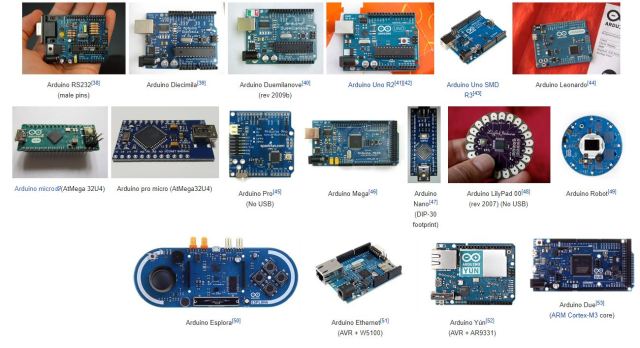Systems on a chip (SOC) are small devices that have limited computing power, and are often found in embedded systems. There is a wide variety of such devices available, ranging from the low-spec but low-price Arduino to Raspberry PI type light computers on a device that fits your palm.
Arduino is a family of open source devices with a variety of capabilities. The very basic version, Arduino Uno, literally costs around 2 euros to buy, but it can still provide quite a lot of useful computing power. Arduino Uno has no connectivity, but it is a real workhorse for standalone applications. It comes with its own programming environment, the Arduino Integrated Development Environment.

ESP32 is another family of SOCs, with more power and connectivity than the basic Arduino, and more memory too. It has Bluetooth and WLAN capabilities, and lots of more pins for connecting sensors and actuators. Still, its price is in the region of ten euros, or less if bought en masse. There are versions with a camera, or display, and its 4 megabyte memory allows you to use either C++ as in Arduino, or install MicroPython and run Python programs on this ingenous little device.

The Raspberry PI family is a yet more powerful set of systems, because it comes with a version of Linux preinstalled on it, and it sports 4 USB ports and a display adapter. Again, the family is large and has many versions with various connectivity and computing power options.

Have a look at the devices in more detail on their own pages here at the Haaga-Helia 3D + Robo Lab.
